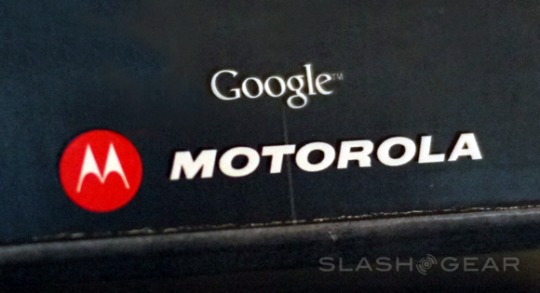
One of the last hurdles for Google’s acquisition of hardware giant Motorola Mobility has been passed: the People’s Republic of China has reportedly approved the business deal, several months after US and European regulators. The $12.5 billion deal is now seemingly a given, though the integration of these companies (to such a degree that is wanted or needed) will certainly take quite a while.
China gave an important condition to its approval: Google had to commit to keeping Android an open-source operating system for the next five years. As our regular readers know, Android’s open source nature is one of the primary reasons that it’s become so popular, among manufacturers, developers and even a considerable portion of end users. One can hardly think that Google hesitated when asked to keep the status quo.
There’s only been one major hiccup in Google’s open source claims for Android: version 3.0, Honeycomb. The company kept a tight grip on the code for the first tablet version of Android, claiming that they didn’t want the software adapted for smartphones that weren’t designed to use it. Honeycomb remained closed, or at least inaccessible, for eight months, and the source code was released in November along with Android 4.0 Ice Cream Sandwich. Notably, ICS can be adapted for both tablets and smartphones easily.
China’s interest in an open Android is obvious: the vast majority of the devices within the country have nothing to do with Google, and low-cost manufacturers use Android as a de facto standard OS precipitously because it is open source. Low-cost manufacturers often release the newest version of Android onto their new hardware, in most cases even faster than major brands. Having Google continue to develop and produce an OS that’s both free as in freedom and free as in beer is incredibly advantageous to the Chinese tech sector.
With all the major obstacles cleared, Google should be able to formally buy Motorola sometime later this summer. Google has states that it intends to run Motorola as a separate and independent company (though former CEO Sanjay Jha was given his walking papers) and many have speculated that Google acquired the company purely for its extensive patent portfolio.
[via SlashGear]









